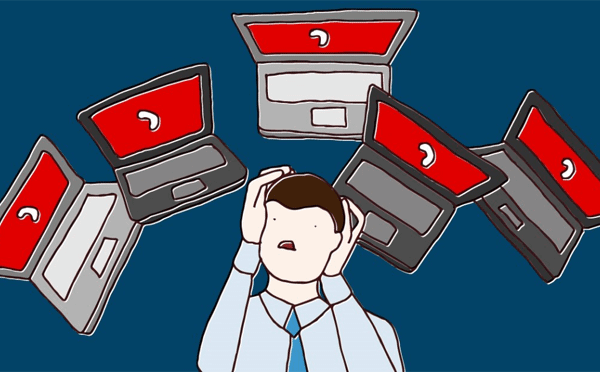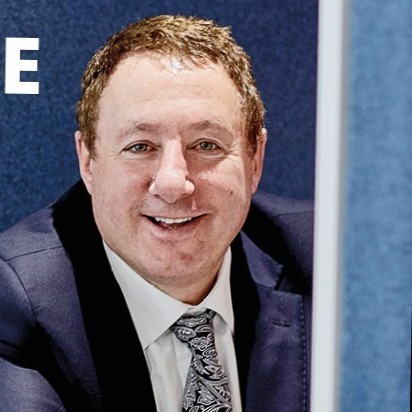Are you suffering from meeting overload?

23rd October 2020 – Video calls have taken over our lives.
When lockdown hit and companies across the UK scrambled to move to remote working, it was important to check in with each other regularly over Zoom or Teams. It helped us all stay sane and kept projects rolling.
But now, seven months down the line, everyone knows how to work from home. At BigChange, we are a well-oiled machine. Each team knows the processes that must be followed and is capable of delivering outstanding work in a virtual environment.
But I am still having video calls all day every day. I don’t know how this has happened. I had 10 Teams meetings yesterday. It’s exhausting. And I know I’m not the only one who is struggling to get through their daily workload because of the endless interruption of those calendar chimes.
This week, Dropbox announced that it was making some major changes to its workday. Collaboration hours at the technology giant have been set between 9am and 1pm. Staff will not have internal meetings outside those hours and can work the rest of their hours flexibly.
This move is inspired. It prevents meeting overload and gives people the right to say ‘no’ when meetings are scheduled back-to-back throughout the entire day.
I have decided to give this system a go. I am going to try and limit all my internal meetings to between 9am and 1pm. I will only attend a meeting if I have a specific purpose for being there. I will keep my contributions short and to the point, and make sure that we stick to the meeting agenda.
I’m hoping this will free up my afternoons to work on strategy, planning and – most importantly – give me more time to speak to customers. Our customers are my number one priority. I don’t want to miss out on those valuable conversations because my diary is overloaded.
I am also planning to try and get away from my desk while on internal calls. I hope this encourages the rest of my team to follow suit and embrace “walking meetings”. You don’t need to be behind a desk for team calls, unless you are presenting figures. These calls should be an opportunity to get outside and stretch your legs.
Many studies have found indisputable evidence that walking every day improves mental health. The Journal of Behavioural Medicine found that even a 10-minute walk at a brisk pace increases mental alertness, energy and positive mood. Stanford University also found that walking produces more creative ideas than staying seated.
Now that “Zoom fatigue” is a recognised issue, we all need to take steps to maintain our productivity and effectiveness. If that means taking a walk – or even a nap – in the afternoon, then I want my people to do what they need to do to achieve optimum performance. I trust them to manage their time well and meet their deadlines.
None of us were prepared for this year and the changes that would alter our working lives, perhaps irrevocably. Let’s make sure this new normal makes a positive impact – let’s all banish our bad working habits now.



